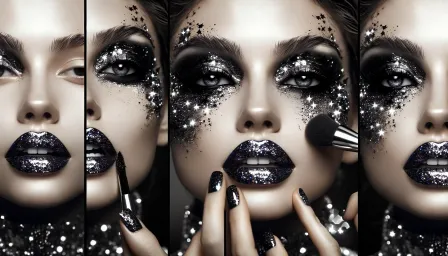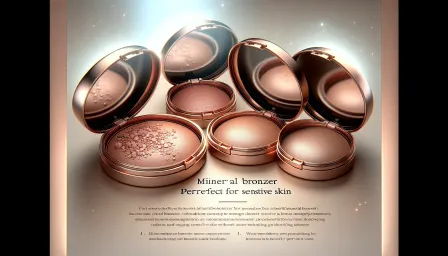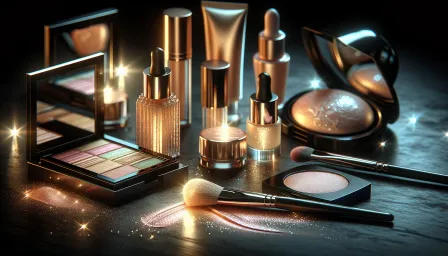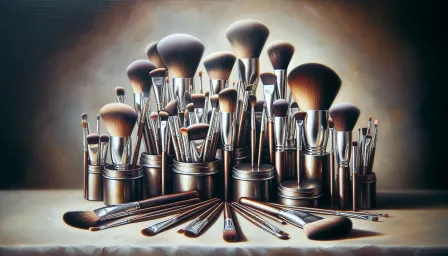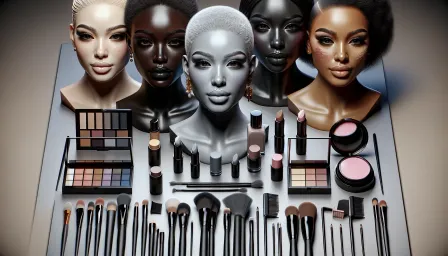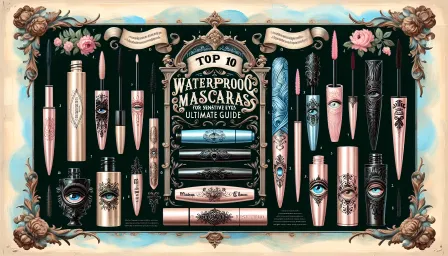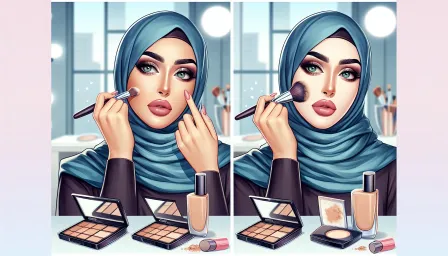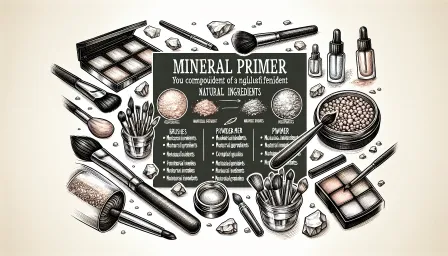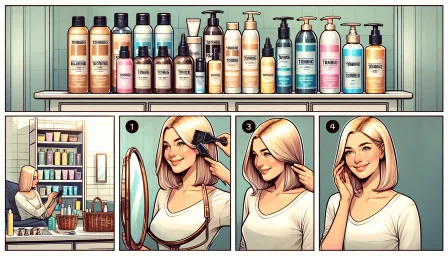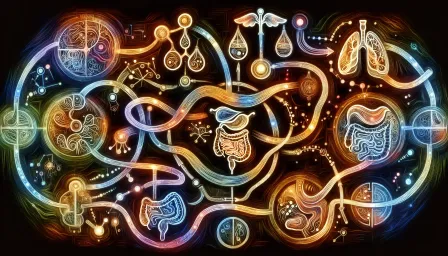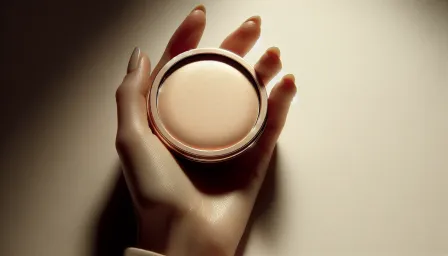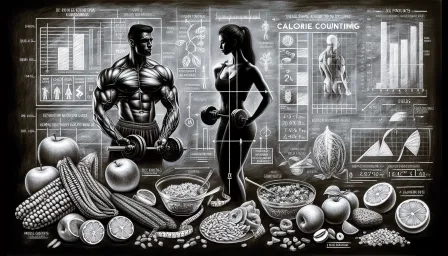The Impact of Social Media on Beauty Standards: A Deep Dive
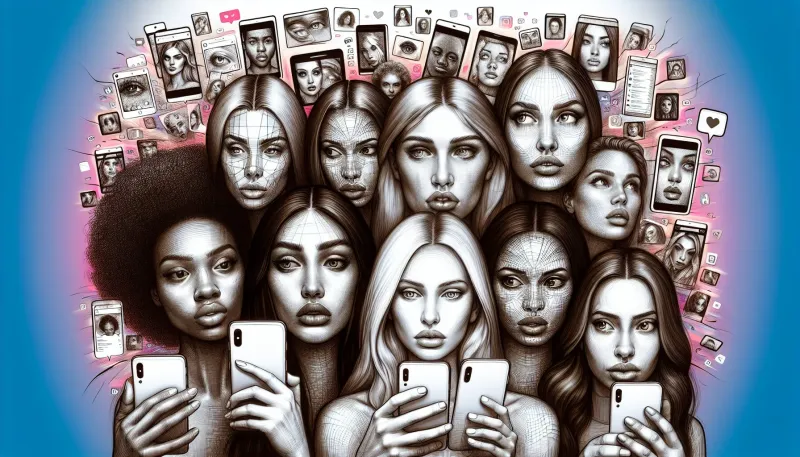
Explore the profound impact of social media on beauty standards, uncovering its influences, implications, and solutions to create a healthier self-image.
In today's digital age, social media's influence on society is undeniable. Among its multifaceted effects is its significant role in shaping our perceptions of beauty. This article delves into the profound impact social media has on beauty standards, exploring its influences, implications, and potential solutions for fostering a healthier self-image.
Understanding Beauty Standards
Beauty standards refer to the societal norms that define what is considered attractive at a given time. Historically, these standards have been influenced by cultural, societal, and media trends, but with the advent of social media, their evolution has accelerated and diversified.
The Influence of Social Media
Curated Perfection
One of the most notable impacts of social media on beauty standards is the propagation of curated perfection. Platforms like Instagram and TikTok are replete with flawless images and videos that often present an unrealistic portrayal of everyday life. These images are frequently enhanced with filters, photo-editing apps, and specific lighting conditions, creating a skewed representation of reality.
Viral Trends and Beauty Challenges
Social media is also a breeding ground for viral trends and beauty challenges. From makeup tutorials to fitness routines, these trends can exert significant pressure on individuals to conform to certain appearances. While some trends have positive intentions, they can also perpetuate narrow beauty ideals that are unattainable for many.
Influencer Culture
Influencers have become modern-day icons, shaping beauty standards through their large followings. Their endorsements of beauty products, routines, and lifestyles can significantly influence public perceptions. However, this power also comes with the responsibility of promoting diversity and authenticity.
Peer Comparison
Social media's interactive nature fosters constant peer comparison. As users scroll through their feeds, they are continually exposed to what others deem as ideal beauty. This constant comparison can lead to feelings of inadequacy and lowered self-esteem, particularly among younger audiences.
Implications for Self-Image and Mental Health
The pervasive influence of social media on beauty standards has significant implications for self-image and mental health. The desire to meet these often unattainable standards can result in issues such as body dysmorphia, anxiety, and depression. Studies have shown a correlation between extended social media use and increased mental health challenges, underscoring the urgency of addressing this issue.
Towards a Healthier Self-Image
Promoting Diversity in Beauty
One solution to combat the negative impact of social media on beauty standards is promoting diversity. By celebrating a wider range of body types, skin tones, and beauty expressions, we can create a more inclusive and realistic portrayal of beauty. Platforms and influencers have a role to play in championing this diversity.
Encouraging Digital Literacy
Educating social media users, particularly younger audiences, about the curated nature of online content is crucial. By fostering digital literacy, users can develop a more critical eye towards what they consume, understanding that perfection showcased online is often the product of editing and selective presentation.
Supporting Mental Health Initiatives
Mental health initiatives that address social media’s impact are essential. Providing resources and support for those struggling with body image issues can mitigate the adverse effects. This includes therapy, community support groups, and educational campaigns aimed at promoting a healthier self-image.
Conclusion
The impact of social media on beauty standards is profound, influencing how we perceive not only others but also ourselves. While the curated perfection and constant comparison fostered by social platforms can negatively affect self-image, solutions such as promoting diversity, encouraging digital literacy, and supporting mental health initiatives offer a pathway to mitigating these impacts. By embracing a more inclusive and realistic portrayal of beauty, we can foster a healthier, more positive self-image in the digital age.




